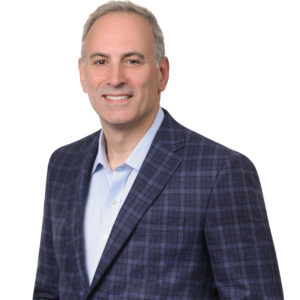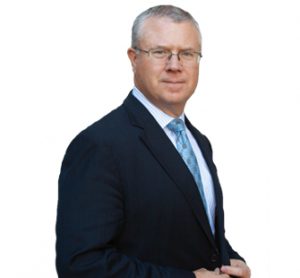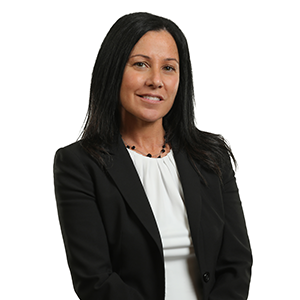On November 28, 2023, the Tax Court ruled that the exception from self-employment tax for limited partners does not apply to limited partners who actively participate in the partnership’s business operations. The court engaged in a “functional inquiry into the roles and activities” of the limited partners. It concluded that their level of participation was inconsistent with an exception from self-employment tax.
This case has significant implications for the investment management industry, which has followed closely. Fund managers typically form management entities as limited partnerships to receive management fees from their investment funds. This structure allows them to take the position that their distributive share of income from the investment funds is not subject to self-employment tax because of the exception in section 1402(a)(13), even though they are actively involved in managing the investment fund. The practical effect of this position is to eliminate the 3.8% Medicare tax because most guaranteed payments exceed the FICA limit on self-employment tax.
Now that the Tax Court has ruled that active management is inconsistent with the exception of self-employment tax, fund managers will have to consider changing their reporting practices. Some will wait to see if the case is appealed, and others will consider revising the operating agreements of the investment partnerships to limit the participation rights of their limited partners, but most are likely to follow the decision of the Tax Court unless and until it is reversed on appeal.
In Soroban Capital Partners, the taxpayer is an investment firm organized as a Delaware limited partnership. It has one general partner and five limited partners. During the 2016 and 2017 tax years, it made guaranteed payments to its limited partners and distributed ordinary income to its general partner and limited partners. In determining the amount of net earnings from self-employment, however, Soroban Capital relied on section 1402(a)(13) and excluded the distributions of ordinary income it made to its limited partners. That section in the relevant part excludes the distributive share of any item of income or loss of a limited partner as such.
On audit, the IRS disagreed with Soroban Capital’s exclusion of the ordinary income distributions from its calculation of net earnings from self-employment. In the Tax Court, the parties cross-moved for summary judgment, and the Tax Court ruled in favor of the IRS.
The court rejected Soroban Capital’s argument that all ordinary income distributions to state law limited partners are excepted from self-employment tax. It focused on the fact that the exception applies to “limited partners, as such.” It noted that the exception, when enacted in 1977, was intended to apply only to earnings “that are of an investment nature.” It does not apply to partners who are limited partners in name only. In the eyes of the Tax Court, the addition of the words “as such” demonstrates a Congressional intent to narrow the scope of the exception, which “applies only to a limited partner who is functioning as a limited partner.” The court, therefore, followed the functional analysis test it announced in a 2011 Tax Court decision dealing with a limited liability partnership.
Fund managers, partnerships, and limited partners should consult their tax advisors to determine the implications of this decision on their tax positions.
Authors: Daniel Mayo, Partner and Lead, National Tax Services | [email protected]; Michael Oates, Partner and Tax Team Leader, Financial Services | [email protected]; Shannon Park | [email protected]; Kevin Lin, Partner | [email protected]; and Kristen Stinson, Partner | [email protected]
Contact Us
For more information on this topic, please contact a member of Withum’s Business Tax Services Team.






